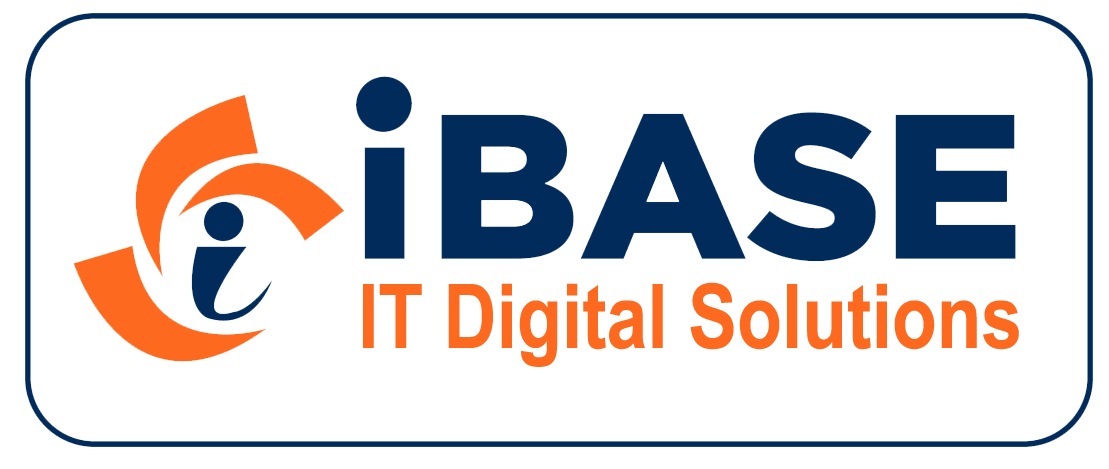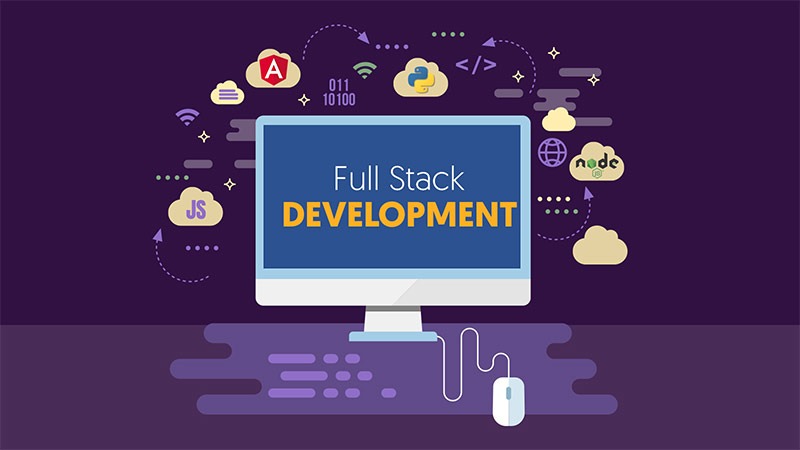Training on Full Stack Development and Job Opportunities
Full Stack Development Training
The realm of web development is vast and ever-evolving, with numerous specializations available to tech enthusiasts. Among these, the role of a Full Stack Developer stands out due to its comprehensive nature and versatility. This article delves into what it means to be a Full Stack Developer, the skills required, and the abundant job opportunities available in this dynamic field.
What is a Full Stack Developer?
A Full Stack Developer is a professional who possesses the skills and knowledge to work on both the front end and back end of web applications. This means they can handle everything from designing the user interface to managing databases and server-side logic. Full Stack Developers are essentially the jack-of-all-trades in the development world, capable of working on various aspects of a project.
Key Skills Required for Full Stack Development
- Front-End Technologies: Proficiency in HTML, CSS, and JavaScript is crucial. These are the building blocks of web development. Additionally, familiarity with front-end frameworks like React, Angular, or Vue.js can give developers an edge in creating dynamic and responsive user interfaces.
- Back-End Technologies: Knowledge of server-side languages such as Node.js, Python, Ruby, Java, or PHP is essential. Full Stack Developers should also be adept at working with back-end frameworks like Express.js, Django, Ruby on Rails, or Spring.
- Database Management: Understanding both relational databases (like MySQL, PostgreSQL) and NoSQL databases (like MongoDB, CouchDB) is important. Full Stack Developers should be able to design and manage databases effectively.
- Version Control Systems: Proficiency in version control tools like Git is necessary for managing code and collaborating with other developers.
- APIs and Web Services: Knowledge of RESTful services and APIs is vital for integrating different parts of an application and enabling communication between the front end and back end.
- DevOps and Deployment: Familiarity with cloud services (like AWS, Azure, Google Cloud) and containerization tools (like Docker) is beneficial. Understanding continuous integration/continuous deployment (CI/CD) pipelines also helps in streamlining the development process.
- Soft Skills: Apart from technical skills, Full Stack Developers should possess problem-solving abilities, good communication skills, and the ability to work in a team.
Job Opportunities for Full Stack Developers
The demand for Full Stack Developers is on the rise, as companies prefer versatile professionals who can handle multiple aspects of web development. Here are some of the job opportunities available in this field:
- Startups: Startups often look for Full Stack Developers because they need professionals who can handle multiple roles and adapt quickly to changing requirements. Working in a startup environment can provide invaluable experience and rapid career growth.
- Tech Giants: Large technology companies like Google, Amazon, Facebook, and Microsoft regularly hire Full Stack Developers to work on complex projects. These roles often come with attractive salary packages and excellent benefits.
- Freelancing: Many Full Stack Developers choose to work as freelancers, offering their services to various clients and projects. This path provides flexibility and the opportunity to work on diverse projects.
- Remote Work: The rise of remote work has opened up global opportunities for Full Stack Developers. Companies around the world are now hiring remote developers, providing a chance to work from anywhere.
- Consulting: Full Stack Developers can work as consultants, helping businesses design and develop web applications, optimize existing systems, and provide technical guidance.
Conclusion
Becoming a Full Stack Developer offers a rewarding and dynamic career path. The role requires a blend of technical expertise and soft skills, making it ideal for those who enjoy diverse challenges and continuous learning. With the growing demand for web applications and digital solutions, the job opportunities for Full Stack Developers are plentiful and promising. Whether you aim to work in a startup, a tech giant, or as a freelancer, the skills you acquire as a Full Stack Developer will open doors to a myriad of exciting possibilities.
FAQs on Full Stack Development and Job Opportunities
FAQs
1. What is a Full Stack Developer? A Full Stack Developer is a professional who is proficient in both front-end and back-end development, capable of handling the complete development process of web applications, from designing the user interface to managing server-side logic and databases.
2. What skills are required to become a Full Stack Developer? Key skills include proficiency in front-end technologies (HTML, CSS, JavaScript), back-end languages (Node.js, Python, Ruby, Java, PHP), database management (MySQL, MongoDB), version control (Git), and knowledge of APIs, web services, DevOps, and deployment tools.
3. How long does it take to become a Full Stack Developer? The time required varies based on your background and dedication. Typically, it can take anywhere from 6 months to 2 years of consistent learning and practice to become proficient in Full Stack Development.
4. Are Full Stack Developers in demand? Yes, Full Stack Developers are in high demand across various industries due to their versatility and ability to handle multiple aspects of web development. Companies prefer hiring professionals who can manage both front-end and back-end tasks efficiently.
5. What are the job opportunities for Full Stack Developers? Job opportunities are abundant, ranging from positions in startups, tech giants like Google and Amazon, freelancing, remote work, and consulting. Full Stack Developers are sought after for their comprehensive skill set.
6. Do I need a degree to become a Full Stack Developer? While a degree in computer science or a related field can be beneficial, it is not mandatory. Many Full Stack Developers are self-taught or have completed coding bootcamps. Practical skills and experience are often valued more by employers.
7. How much do Full Stack Developers earn? Salaries vary based on experience, location, and the company. On average, Full Stack Developers can earn between $70,000 to $120,000 per year in the United States, with higher salaries possible in major tech hubs and for those with advanced expertise.
8. What is the difference between a Full Stack Developer and a Front-End or Back-End Developer? A Front-End Developer focuses on the user interface and user experience, using technologies like HTML, CSS, and JavaScript. A Back-End Developer works on server-side logic, databases, and APIs. A Full Stack Developer combines both roles, handling both the front end and back end of web applications.
9. Can I work remotely as a Full Stack Developer? Yes, many companies offer remote positions for Full Stack Developers. Remote work opportunities have increased, allowing developers to work from anywhere in the world.
10. What resources can I use to learn Full Stack Development? There are numerous online resources, including platforms like Coursera, Udemy, Codecademy, and freeCodeCamp. Additionally, participating in coding bootcamps, joining developer communities, and working on personal projects can enhance your learning experience.
11. What programming languages should I learn first for Full Stack Development? Start with foundational languages like HTML, CSS, and JavaScript for front-end development. For back-end development, consider learning Node.js (JavaScript runtime), Python, or Ruby. As you progress, you can explore additional languages and frameworks based on your interests and project requirements.
12. How can I gain practical experience as a Full Stack Developer? Build personal projects, contribute to open-source projects, participate in hackathons, and seek internships or freelance opportunities. Practical experience is crucial for honing your skills and building a strong portfolio.


